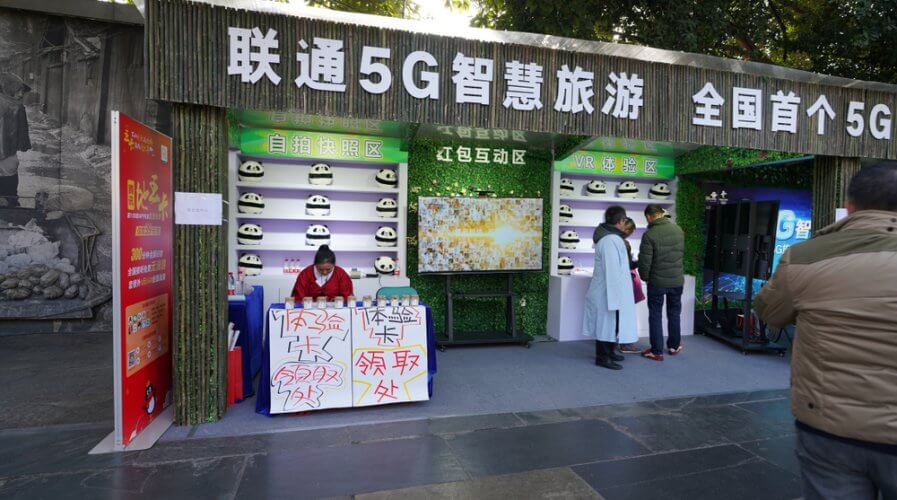
5G will increase the uptake of IoT platforms, but will not solve directly address the security concerns. Source: Shutterstock
What are the chances that 5G will make IoT more secure?
THE internet of things (IoT) is, without a doubt, set to usher in a new era of connectivity where more devices will be linked to each other than ever before.
It is widely expected to enable the rise of smart cities, smart factories, smart infrastructure, and make autonomous vehicles and machinery a distinct possibility.
While the technology itself is considered transformative and expected to change the world as we know it, the security concerns continue to put a dampen the optimism surrounding it.
For starters, the increased number of devices make any network more attractive as targets as a larger surface area is harder to cover.
5G’s impact on IoT
The 5th generation of network connectivity technology or 5G promises lower latency and much-improved bandwidth relative to the current iteration of mobile network and added features such as network slicing makes it an exciting prospect for IoT platforms.
With lightning-fast connections that could reach up to 1 Gbps, as well as being robust and reliable, 5G will enable real-time responses for automation, and allow enterprises to opt for wireless connections as opposes to wired ones.
In short, 5G is hyped as a catalyst that will magnify the proliferation of IoT devices and IoT platform deployment in the near future.
Security at the forefront
While certain design elements of 5G will facilitate the uptake of IoT platforms specifically among enterprises, the network itself will not solve the security issues inherent in IoT.
Further steps and efforts are required by all the relevant stakeholders that include network provider, enterprise end-users, as well as IT vendors to secure IoT devices and solutions.
Companies need to rethink their cybersecurity policies to properly establish a secure environment.
Training, multi-point authentication, validation of devices, and end-to-end encryptions, using a virtual private network, and deploying appropriate containerization are some of the improvements that businesses might consider.
In a nutshell, 5G is not going to introduced anything new to the IoT technology, as far as security is concerned.
However, the increasing uptake of IoT and IoT devices as a result of commercializing the faster network will push companies to rethink security measures.
READ MORE
- Ethical AI: The renewed importance of safeguarding data and customer privacy in Generative AI applications
- How Japan balances AI-driven opportunities with cybersecurity needs
- Deploying SASE: Benchmarking your approach
- Insurance everywhere all at once: the digital transformation of the APAC insurance industry
- Google parent Alphabet eyes HubSpot: A potential acquisition shaping the future of CRM






